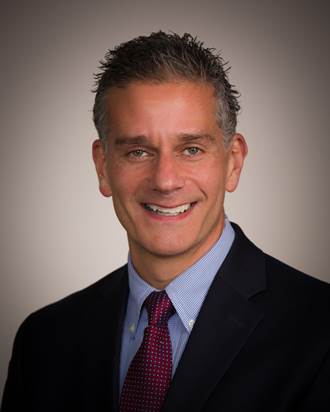Education Seminar — Scott Auerbach

Abstract — How do we train the future generation of scientists and engineers to tackle the difficult challenges facing our society today? The Integrated Concentration in Science (iCons) Program at UMass Amherst offers a unique approach that allows students to retain their disciplinary training while honing the necessary attitudes, knowledge, and skills to work in multidisciplinary teams on real world problems in Biomedicine and Renewable Energy fields. This is achieved through a four-year program of case studies, lab work, and research in which collaboration and creative thinking are encouraged along with applying content mastery. The question remains: how can one bring real-world problems into an academic setting when such problems have thus far defied solution by the experts?
Our approach aims for students to (re)discover their naturally, intrinsically high levels of self-motivation, engagement, and agency. We endeavor to reach these goals through a steady diet of student-driven learning and reflection on real-world problems and real-world solutions studied by multi-disciplinary student teams. Central to our pedagogy is the iCons case study structure, involving the five steps of Inception / Engagement / Research / Create / Reflect – which will be illustrated in this presentation. We will share mounting evidence for the effective of the iCons Program, now in its eighth year. Students in this program emerge with superior leadership and communication skills as evidenced by high-profile awards; the 4-year retention rate is 70%, as opposed to the national average of 40% in STEM majors; and over 90% of students have been placed in their first choice of internship, graduate school, or job within 12 months of graduation. We hope to stimulate a realistic and optimistic discussion on how to further apply student-driven learning and reflection within the programs of EPFL.
About the speaker — Dr. Scott Auerbach is full professor of physical and computational chemistry at the University of Massachusetts Amherst. Professor Auerbach is also the founding director of the UMass iCons Program, bringing together undergraduates in science and engineering to work on real-world problems in biomedicine and energy. Professor Auerbach’s research focuses on modeling the behavior and self-assembly of nanostructured materials and catalysts such as zeolites – of importance to emerging renewable energy technologies including biofuels and fuel cells – leading to 2 books and over 110 peer-reviewed articles. Professor Auerbach graduated with a BS in Chemistry from Georgetown University in 1988; and with a PhD in theoretical chemistry from UC Berkeley in 1993. After an NSF-funded postdoc at UC Santa Barbara, Dr. Auerbach began his academic position in 1995 at UMass Chemistry, and was promoted to full professor in 2004. Professor Auerbach has won several teaching awards including (in 2016) the inaugural Manning Prize for Teaching Excellence, and in 2017 the Distinguished Teaching Award – the highest teaching honor at UMass Amherst. Professor Auerbach has also won several research awards including an NSF Career Award in 1998, a Sloan Fellowship in 1999, and a Camille Dreyfus Teacher-Scholar Award in 1999.
Low-volume newsletters, targeted to the scientific and industrial communities.
Subscribe to our newsletter